
By ELLEN ENDO, Rafu Shimpo
Demographics are shifting among seniors of Japanese ancestry in America, but the demand for affordable, culturally sensitive senior services is as prevalent as ever, according to survey results released at a community meeting Sept. 7.
“There is a need by the Japanese American community for all four types of facility-based care: retirement, assisted living, nursing home, and dementia care,” clinical psychologist Keiko Ikeda, Ph.D., emphasized, speaking on behalf of Koreisha Senior Care and Advocacy.
Dr. Ikeda added that, based on the study, a business model has been developed with the goal of creating a facility capable of sustaining itself for the next 10 years.

Real estate professional Ray Hamaguchi offered practical steps toward building a new facility. Currently, there are about 700 beds available in Southern California for seniors seeking culturally sensitive care. He estimated the vacancy factor at 10 percent.
“More beds are needed,” said Hamaguchi, one of the consultants enlisted to help interpret and apply the research data. He projects that a new facility with 100 beds would cost over $22 million to build.
In addition, the facility would have to be constructed debt-free with private donations and grants and be able to generate $6.8 million in revenue annually.
About 100 people attended the public meeting held at St. Francis Xavier Catholic Center in Little Tokyo to hear the results of the feasibility study. Koreisha President John Kanai and Dr. Ikeda moderated the assemblage.
In addition to Hamaguchi, Koreisha enlisted the aid of Christina Miyawaki, Ph.D., University of Houston Graduate School of Social Work assistant professor, and Tazuko Shibusawa, Ph.D., New York University Silver School of Social Work associate professor, to help interpret the data. The study began last December.
Shibuzawa, who was not present but submitted written testimony, noted that the cost of long-term care is often out of reach for seniors. She noted that people often assume they will be able to rely on Medicare and/or Medi-Cal (in California), which have strict guidelines that may not cover the costs of the various levels of care.
A total of 1,478 individuals ranging in age from 17 to 100 responded to survey questions. Median age was 68.4. More than half of those participating in the study were between 61 and 80 years old. The largest respondent group (about 640) was the Shin Issei, post-World War II immigrants, who are generally staying longer in the U.S. than their predecessors.
The Japanese population in the United States is growing. In 2015, there were more than 1.4 million people of Japanese ancestry living in the U.S., an 8 percent increase over 2010 census figures.
The majority of survey respondents (85.4 percent) indicated that culturally sensitive services were an important factor in making decisions. A preference for Japanese food was listed as s key factor (90.2 percent) followed by the need for bilingual doctors and staff (77.5 percent). Memory care for family members with Alzheimer’s and other forms of dementia was identified as the most immediate need.
U.S. citizens constituted the largest group (62.2 percent) in the study, and 24 percent were green-card holders. Generationally, 690 of the respondents were Shin Issei, 175 were Nisei, 208 were Sansei, and 53 were Yonsei.
The UCLA Asian American Studies Center’s George and Sakaye Aratani CARE program and Koreisha jointly funded the research project.
Koreisha is putting together an independent task force to look into property development and funding sources.
 Cyber Monday headphone deals still live: Bose, Apple, Sony, and more
Cyber Monday headphone deals still live: Bose, Apple, Sony, and more
 Best gaming monitor deal: Save $120 on this 27
Best gaming monitor deal: Save $120 on this 27
 LG smartphones will lose update support in June
LG smartphones will lose update support in June
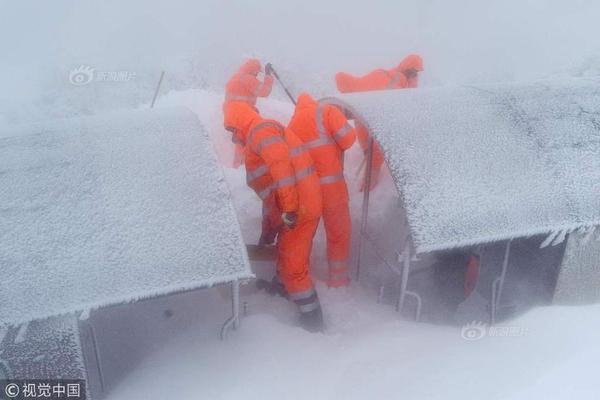 2019's word of the year is 'climate strike'
2019's word of the year is 'climate strike'
 U.S. satellites reveal China's solar dominance
U.S. satellites reveal China's solar dominance
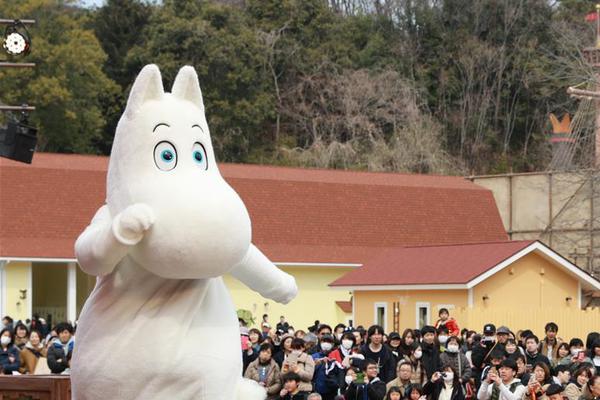 More Chinese phone makers to support satellite call function · TechNode
More Chinese phone makers to support satellite call function · TechNode
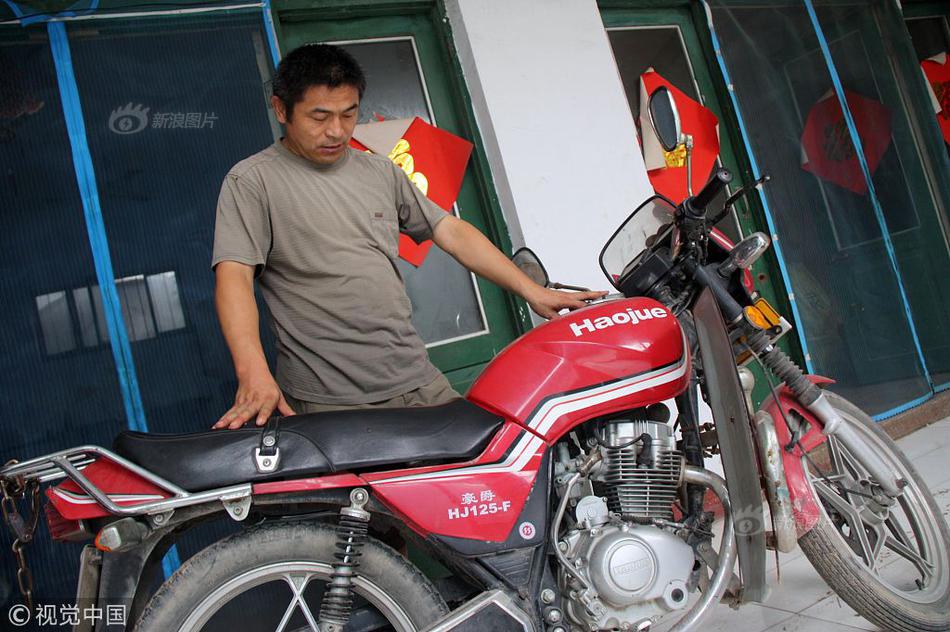 Alibaba’s new CEO pledges to focus on AI · TechNode
Alibaba’s new CEO pledges to focus on AI · TechNode
 Best Fitbit deal: Save $40 on Fitbit Charge 6
Best Fitbit deal: Save $40 on Fitbit Charge 6
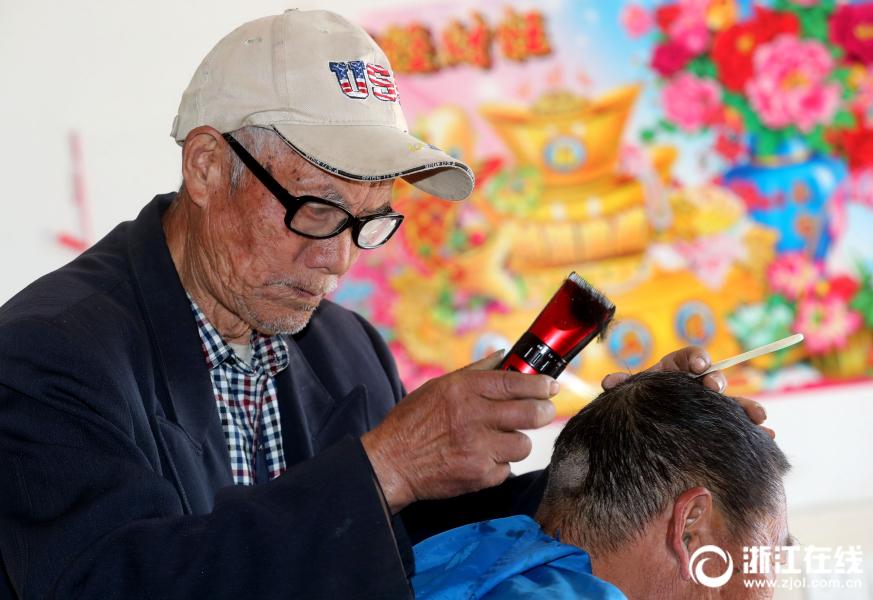 NAVI подписала команду по League of Legends — она займет слот в европейской лиге
NAVI подписала команду по League of Legends — она займет слот в европейской лиге
 Samsung 990 EVO Plus 1TB SSD deal: Get 36% off
Samsung 990 EVO Plus 1TB SSD deal: Get 36% off
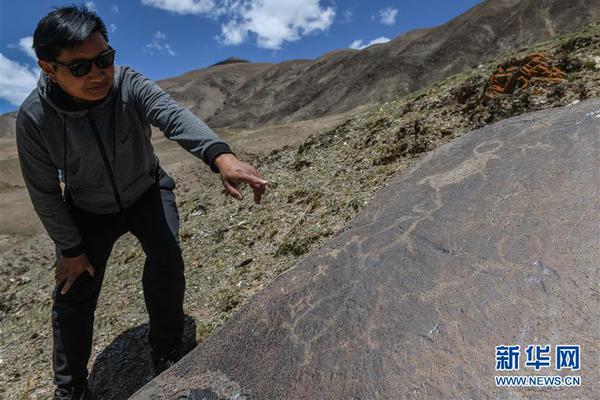 На Чемпионате стран БРИКС на призы Сбера пройдет финальный этап косплей
На Чемпионате стран БРИКС на призы Сбера пройдет финальный этап косплей
 Retreat of the Scholars
Retreat of the Scholars
 Best portable power station deal: Save $520 on Anker Solix C1000
Best portable power station deal: Save $520 on Anker Solix C1000
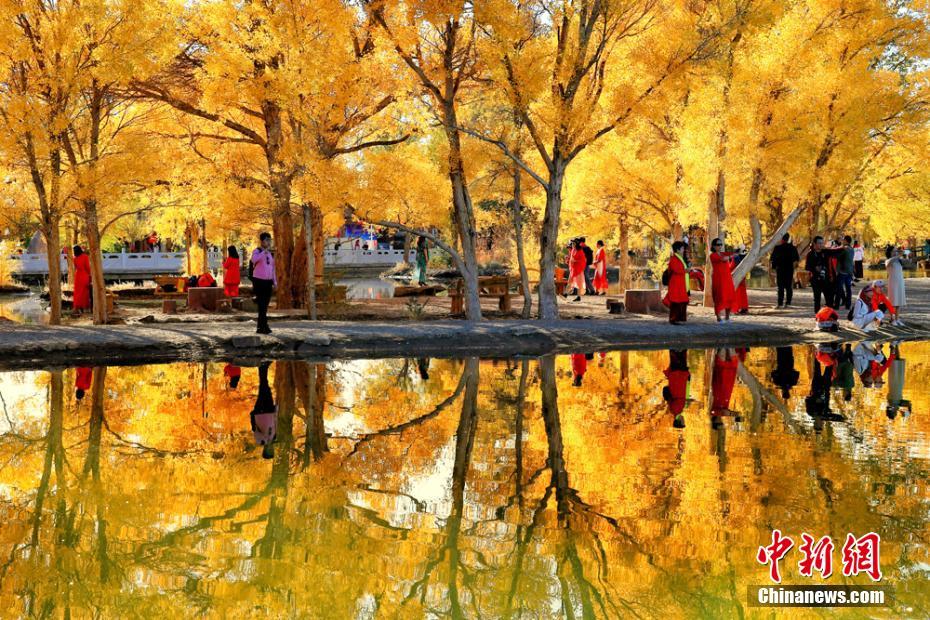 Report: Amazon to add tariff surcharge, White House responds
Report: Amazon to add tariff surcharge, White House responds
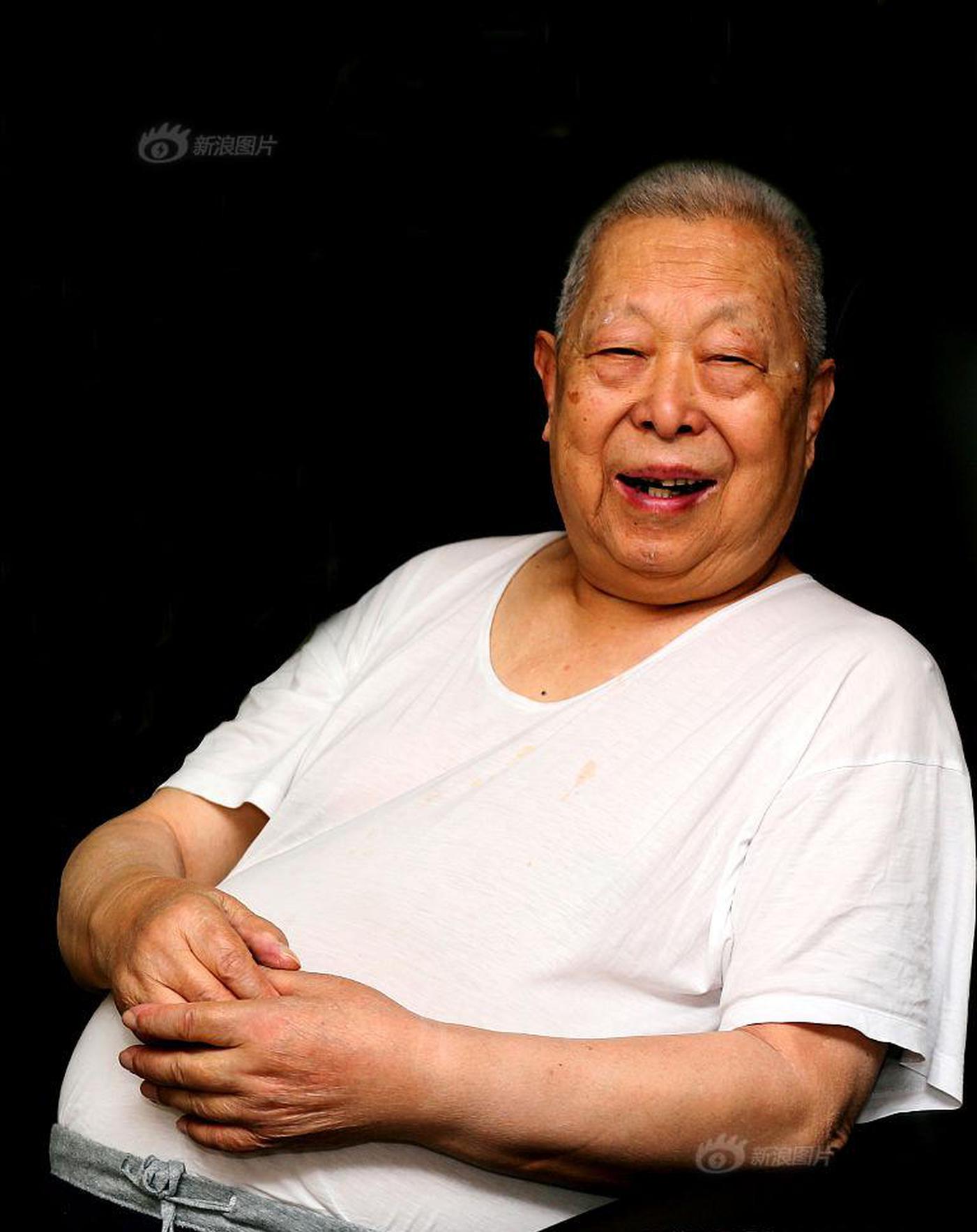 The viral Mike Bloomberg dance is fake, but you can still love/hate it
The viral Mike Bloomberg dance is fake, but you can still love/hate it
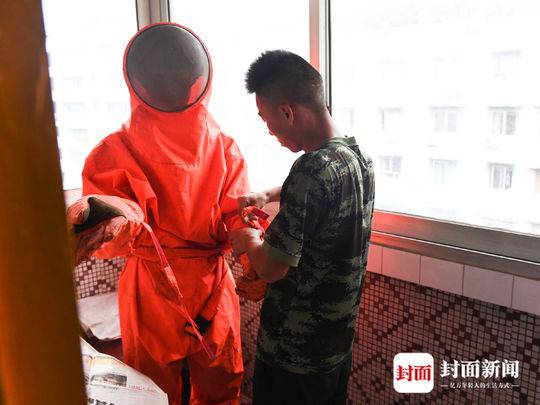 Chinese automaker Geely denies plan to build factory in Indonesia · TechNode
Chinese automaker Geely denies plan to build factory in Indonesia · TechNode
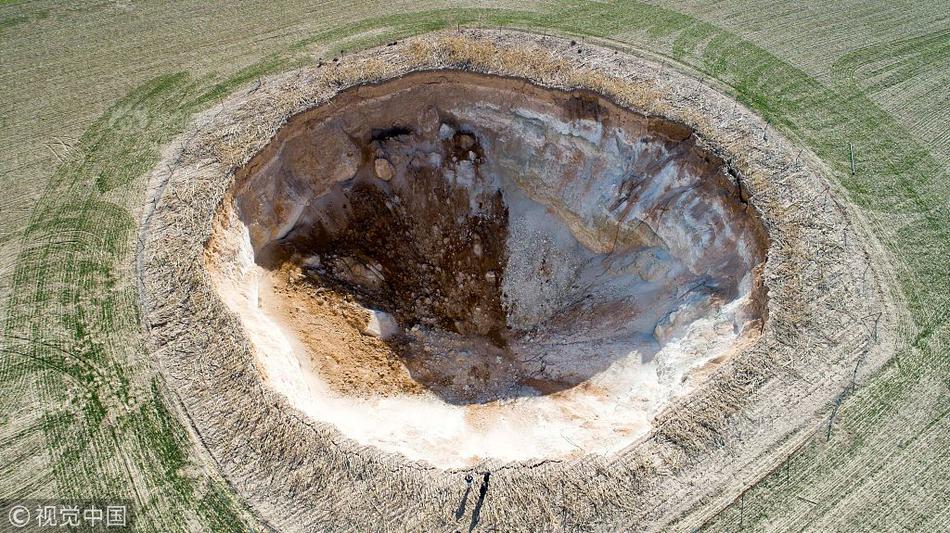 Tencent, NetEase, and HoYoverse lead the global mobile game market in August · TechNode
Tencent, NetEase, and HoYoverse lead the global mobile game market in August · TechNode
 Best Lexar deals: Save up to 54% on SSDs, RAM, and microSD cards
Best Lexar deals: Save up to 54% on SSDs, RAM, and microSD cards
 21 best shows on Peacock to binge
21 best shows on Peacock to binge
 The app that went from Instagram trash to cleaning up the world
The app that went from Instagram trash to cleaning up the world
Best robot vacuum deal: Save $300 on Roborock Qrevo EdgePhiladelphia Eagles Super Bowl win reactionsUtah Jazz vs. LA Clippers 2025 livestream: Watch NBA onlineKendrick Lamar Super Bowl halftime show cameos: See the full listWho is 'Black national anthem' singer Ledisi?England vs. France 2025 livestream: Watch Six Nations for free'Football Manager 25' canceled not long before it was supposed to come outBest TV deal: Save $70 on the Amazon Fire TV 40Best MacBook deal: Save $200 on 2024 M3 MacBook AirTrump White House reveals it's 'not familiar' with well 5 things we learned about Zuckerberg and Facebook from 'The Ugly Truth' Netflix dating show 'Sexy Beasts' looked more fun than it is: Review Luke Prokop becomes first openly gay player on NHL contract Dev Patel dazzles in David Lowery's captivating 'The Green Knight' OnePlus aims for the high From old favorites to 'Old': Every M. Night Shyamalan thriller, ranked Despised maker of TurboTax tells Americans the 'free' ride is over What are Yats? They have investors paying $$$ to 'own' emoji. Say hello to the crowded starscape in NASA's new Hubble image share How to view an Instagram story without logging in
0.5104s , 14430.65625 kb
Copyright © 2025 Powered by 【leilanlei sex videos】Enter to watch online.Study: Need for Culturally Sensitive Care for Nikkei Growing,